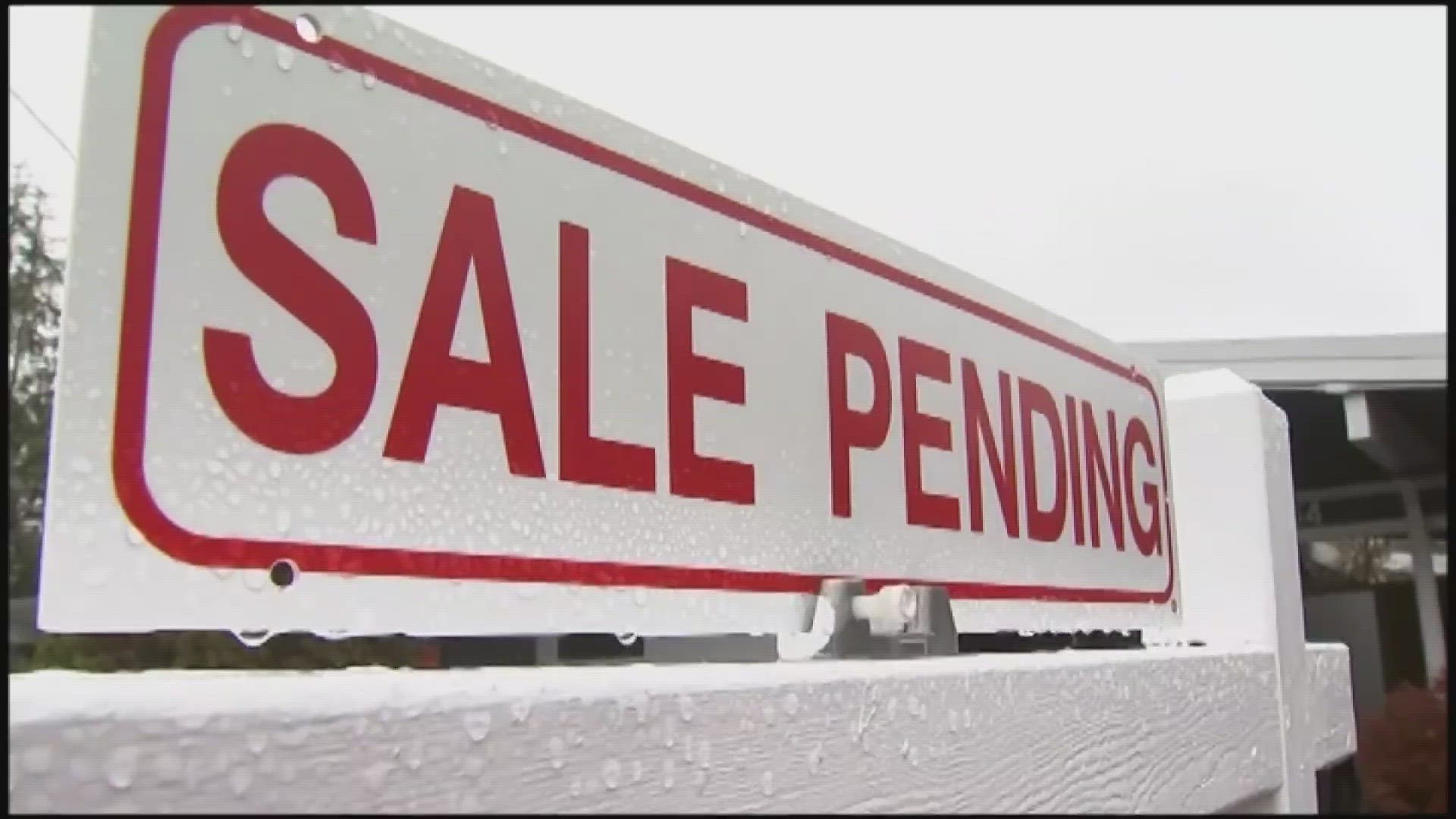CALIFORNIA, USA — Spring is the hottest season for home buying and an important tool for home ownership is a credit score.
ABC10 viewers wrote in rattled by claims they’ve seen online saying a high credit score won’t get them as much as it used to thanks to changes by the government that took effect May 1.
Critics argue buyers with good credit would essentially subsidize those with bad credit. Experts confirmed the changes would affect a lot of people, but perhaps not the way they think it will.
“Buying a home and owning a home is the American dream,” said American Pacific Mortgage vice chairman Bill Lowman.
New changes are now in effect to help make the dream a reality for more people.
“This is the most significant financial transaction you'll make in your entire life, and if you're a first-time homebuyer especially, it can be overwhelming,” said Lowman.
It’s expensive too, so the federal government put a new mortgage fee structure in place. It’s meant to help lower the fee gap between borrowers with high FICO credit scores and those with lower ones by reducing their closing costs.
“That would give them more room to have more buying power and be able to purchase,” said realtor Fridaleen Lou-Dizon.
“The changes are really to what's called loan level price adjustments. That's how Fannie Mae and Freddie Mac impose risk-based pricing, and these are hits to pricing based on your credit score, based on your loan to value, based on your potential overall risk to them as a borrower,” said Lowman.
Despite what people might see online, it’s not necessarily a new fee. Lenders had to deal with the changes months before the official rollout was announced on May 1. Additionally, the impact to creditworthy borrowers is probably less significant than some have been led to believe.
“There is a misconception out there that now people with lower FICO scores can get a better rate now based on this than someone with a higher FICO score. That is not the case,” said Lowman. “In certain instances, a potential first-time homebuyer could lower their monthly payment based on these changes by maybe $50, $60, $75, depending on their loan amount, and that could help them qualify for a loan that they otherwise wouldn't qualify for.”
Still, the fees levied by the FHFA are causing an uproar among mortgage professionals. The Mortgage Bankers Association came out against the overhaul saying it’s “unworkable and should be removed.”
“You want the people with good credit to keep having good credit, and then the people who have not so great credit … they're giving them an opportunity to purchase but are they able to handle the mortgage on top of all the bills that come along with it,” said Lou-Dizon.
It’s important to know about the fees because a down payment isn’t the only thing you need to bring to the table when buying a home.
Closing costs are expenses people pay to their lender in exchange for loan services. Closing costs usually make up 3% to 6% of the loan amount.
So, if someone takes out a mortgage worth $200,000, they can expect their closing costs to be about $6,000-$12,000.
“Don't let this discourage you from buying a home. Educate yourself, get a good loan officer that can help you learn the nuances of this because this is very nuanced,” said Lowman.
If you already own a home or had a mortgage in place before the changes launched this spring, then you won’t be affected. The new mortgage fee schedule applies to new home purchases.
Should people try to lower their credit scores to take advantage of the lower rate? NO.
Damaging a credit score can ruin other prospects like getting better rates on car loans or credit cards. A high credit score is still one of the best tools to financial success.
Experts say – at the end of the day – only buy a house you can truly afford and you can always refinance later.

















